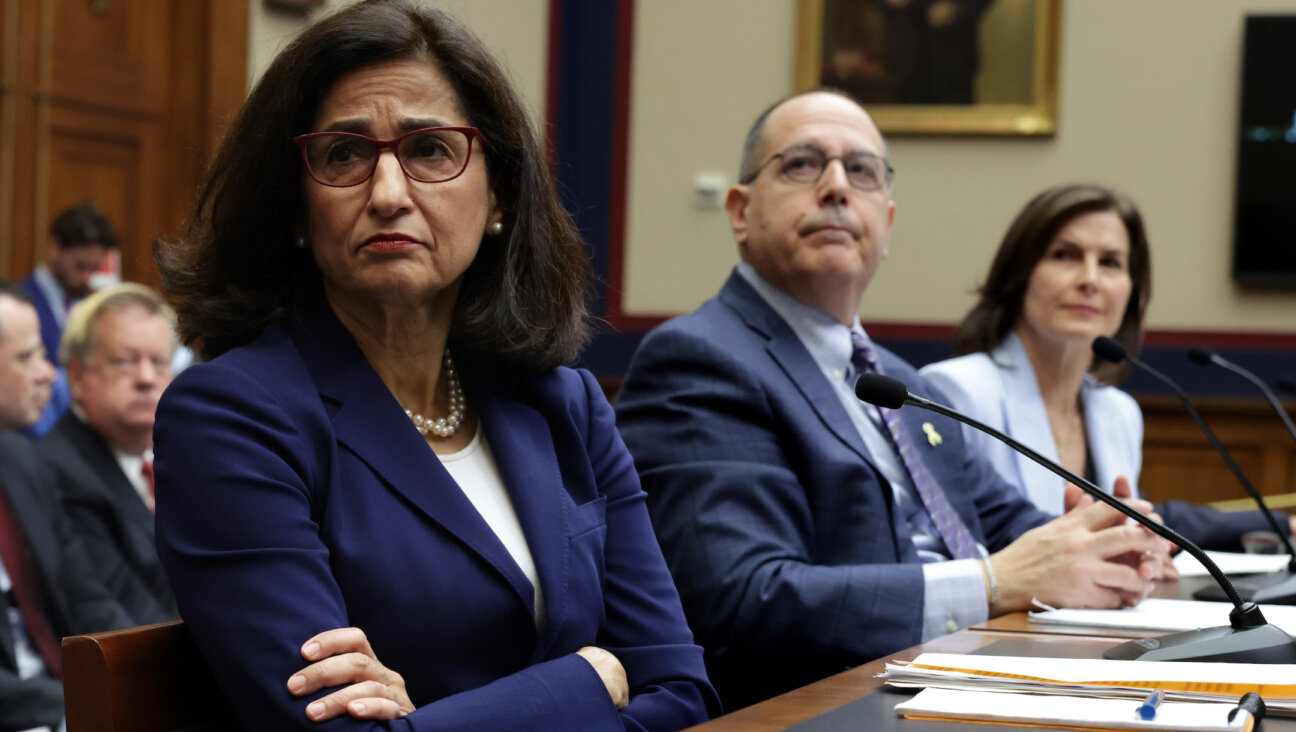Benjamin Netanyahu Warns About Iran’s ‘Soothing’ Words
Israel said on Tuesday the world should not be fooled by Iran’s conciliatory overtures over its disputed nuclear programme after U.S. President Barack Obama told the United Nations that Washington was ready to engage Tehran diplomatically.
An official Israeli assessment said Iran now had centrifuges for quickly turning low-enriched uranium into nuclear bomb fuel, putting it on a fast track to nuclear arms even if it gave up uranium of mid-level purity – previously Israel’s goal.
Iran’s new government under relative moderate President Hassan Rouhani has taken an emollient approach timed for the annual U.N. General Assembly, agreeing to resume international nuclear negotiations that would include its foreign minister seeing U.S. Secretary of State John Kerry.
“Iran thinks that soothing words and token actions will enable it to continue on its path to the bomb,” Israeli Prime Minister Benjamin Netanyahu said in a statement.
Iran denies seeking atomic weapons, saying its uranium enrichment programme is for civilian energy purposes only. Israel, its arch-adversary, is presumed to have the Middle East’s only nuclear arsenal.
Netanyahu spoke with reporters in Tel Aviv after Obama told the U.N. General Assembly that the United States was ready to deal with Iran but put the onus on Rouhani to prove he is serious about pursuing a nuclear accord.
Netanyahu said Israel would welcome a diplomatic solution that dismantled Iran’s capacity to develop nuclear weapons, but that the Jewish state “will not be fooled by half-measures that merely provide a smokescreen for Iran’s continual pursuit of nuclear weapons and the world should not be fooled either”.
Obama said he wanted to put Rouhani’s overtures to the test and challenged him to take concrete steps toward resolving Iran’s long-running nuclear dispute with the West.
Netanyahu said he appreciated Obama’s call on the Islamic Republic to back up conciliatory words with “transparent and verifiable actions”, but added:
“Like North Korea before it, Iran will try to remove sanctions by offering cosmetic concessions, while preserving its ability to rapidly build a nuclear weapon at a time of its choosing.”
The White House left open the possibility of Obama and Rouhani meeting – at least for a handshake on the General Assembly sidelines – later on Tuesday, which would be a milestone after more than 30 years of U.S.-Iranian hostility.
Israel sees a mortal menace in any Iranian atomic bomb, which it says could be six months from production, and is wary of any let-up in Western pressure, backed by stringent economic sanctions, for a nuclear rollback by Tehran.
Asked if there would be an Obama-Rouhani handshake, Yuval Steinitz, the cabinet minister now representing Israel at the U.N. forum in New York, said: “I hope not. I don’t know.”
Iran has dismissed several U.N. Security Council resolutions aimed at curbing its nuclear work with bomb-making potential. It has tried to shift scrutiny to Israel’s assumed atomic arsenal.
“WEEKS AWAY” FROM NUKES
An Israeli government estimate leaked to the Washington Post said Iran’s new centrifuges were capable of turning stores of 3.5 percent, or low-enriched uranium suitable for civilian energy, directly into bomb fuel “within weeks”.
Therefore, according to this assessment, any agreement requiring Iran to hand over all of its existing stockpile of 20 percent, or higher-enriched, uranium “would be insufficient”.
Uranium refined to 20 percent of fissile purity brings it technically close to the weapons-grade level of 90 percent.
The document, whose authenticity was confirmed by an Israeli official, presented such a handover as among “minor concessions” it said Iran hoped might lead to a deal with world powers and allow it to “build a nuclear weapon at a time of its choosing”.
The last U.N. nuclear watchdog agency report, issued on Aug. 28, showed Iran further expanding its enrichment capacity by installing both new- and old-generation centrifuges. Independent experts say the new machines could refine uranium several times faster than the older versions, but that it is still unclear how well they will work and when Iran will switch them on.
Rouhani, whose stated commitment to “constructive interaction” with the world contrasts with the confrontational tactics of predecessor Mahmoud Ahmadinejad, said on Monday he would “present the true face of Iran as a cultured and peace-loving country” at the United Nations. He was to deliver his speech to the General Assembly later on Tuesday.
Washington says it remains determined to deny the Iranians the means to make nuclear arms but its willingness to engage them directly complicates strategy for Netanyahu, who will address the General Assembly on Oct. 1.

I hope you appreciated this article. Before you go, I’d like to ask you to please support the Forward’s award-winning journalism this Passover.
In this age of misinformation, our work is needed like never before. We report on the news that matters most to American Jews, driven by truth, not ideology.
At a time when newsrooms are closing or cutting back, the Forward has removed its paywall. That means for the first time in our 126-year history, Forward journalism is free to everyone, everywhere. With an ongoing war, rising antisemitism, and a flood of disinformation that may affect the upcoming election, we believe that free and open access to Jewish journalism is imperative.
Readers like you make it all possible. Right now, we’re in the middle of our Passover Pledge Drive and we need 500 people to step up and make a gift to sustain our trustworthy, independent journalism.
Make a gift of any size and become a Forward member today. You’ll support our mission to tell the American Jewish story fully and fairly.
— Rachel Fishman Feddersen, Publisher and CEO
Join our mission to tell the Jewish story fully and fairly.
Our Goal: 500 gifts during our Passover Pledge Drive!























